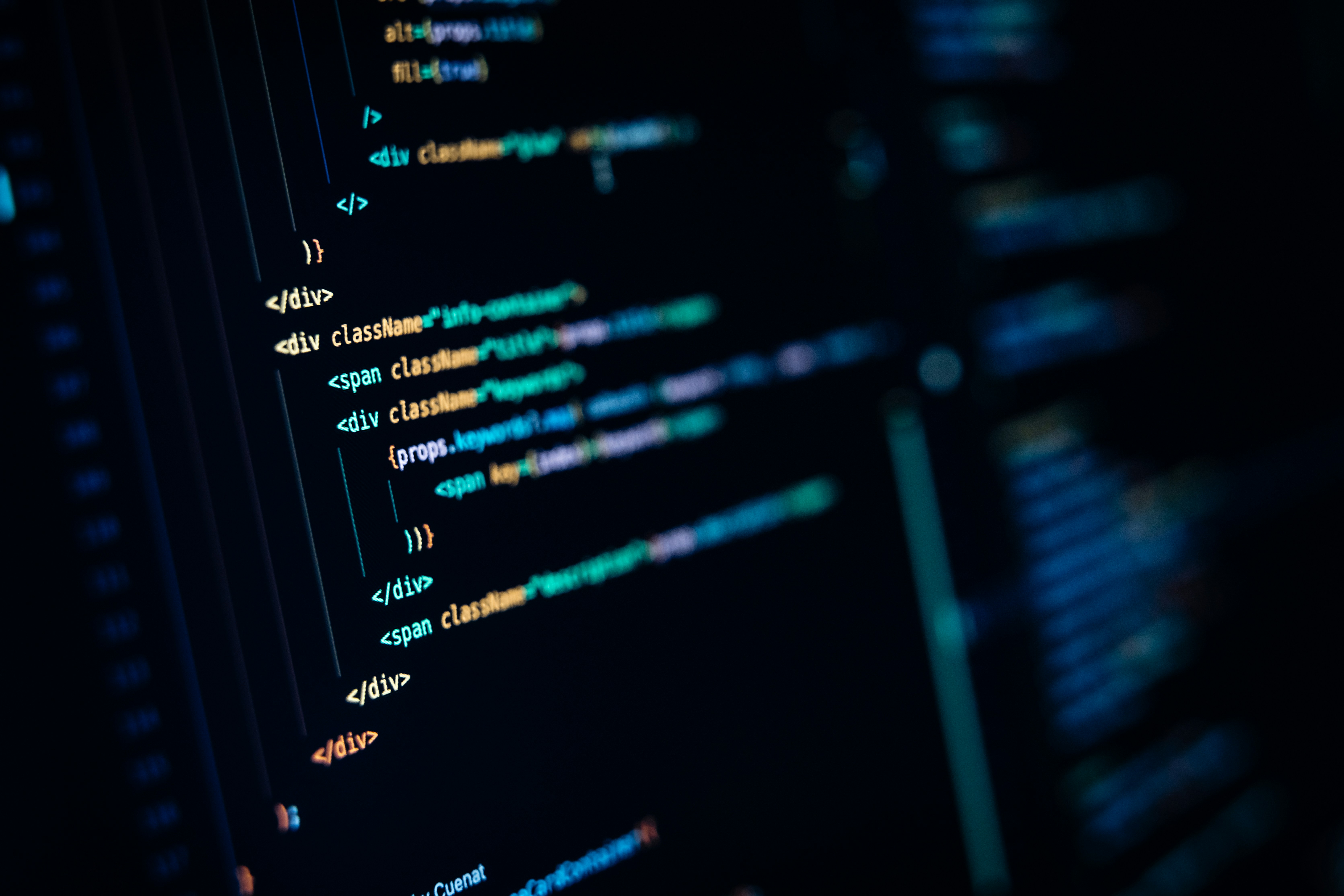March 19, 2025
Article
From Data to Action: Rethinking Real-Time Intelligence in Hospitality
Real-time data is no longer a nice-to-have in hospitality. It is the core infrastructure for responsive, efficient, and guest-centric operations. But how do we move from passive reporting to active intelligence?
The Problem with Delayed Insight
In traditional hotel operations, decisions are based on historical data: daily reports, end-of-week summaries, and post-shift debriefs. This delay creates blind spots. By the time a staffing imbalance is noticed or a guest complaint is escalated, the opportunity to act has already passed.
Real-Time Data as an Operating Layer
At Romay Tech, we treat data not as a reporting tool but as a live system layer. Every interaction, booking, room status update, and staff movement is a signal. When captured and processed in real time, these signals become the foundation for smart triggers, automated workflows, and human alerts that matter.
Imagine a room-service request that updates kitchen prep time, adjusts housekeeping routing, and informs front desk follow-up without anyone needing to coordinate manually. That is not a feature. It is a system-level response.
Automation with Context
The difference between real-time automation and traditional scripting is context. AI systems interpret signals within a larger picture. If a guest has dietary restrictions in their profile, the system adapts the menu display. If late checkouts spike on a public holiday, housekeeping schedules shift automatically. Automation should not just execute. It should understand.
What Makes It Work
The foundation is data flow. We connect PMS platforms, booking engines, F&B systems, and communication tools into a unified orchestration layer. Using model control protocols and modular agents, we enable fast decisions across disconnected systems. It is not about building new apps. It is about giving your existing tools a shared brain.
Why This Matters Now
Staffing shortages, rising guest expectations, and pressure to reduce waste all require better timing and tighter feedback loops. Real-time intelligence delivers both. The hotels and destinations that build on this model will not just run more efficiently. They will learn faster, adapt quicker, and offer experiences competitors cannot replicate.

